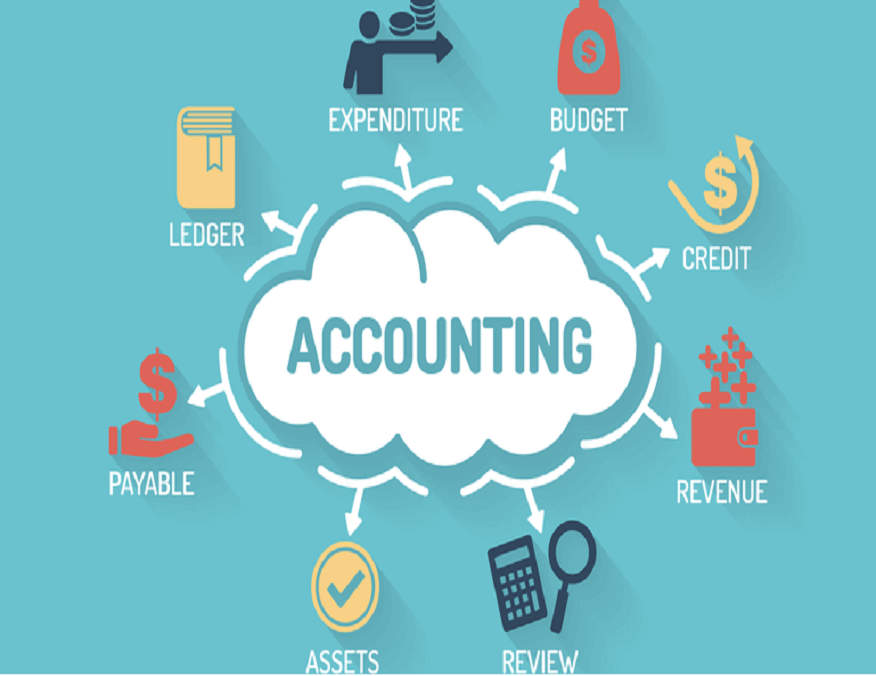
Unlocking the Power of Open Accounting in Your Business Strategy
I’ve seen the ways in which entrepreneurs often grumble about the necessity of accounting, treating it as a burdensome chore rather than an asset. Yet, the winds of change are blowing, and they’re bringing with them the power of open accounting. By adopting a policy of fiscal transparency, and engaging stakeholders both within and outside of the business with financial data, corporations are discovering innovative paths to stimulate growth, foster trust, and add value to their customer relationships.
In this article, we’ll dive into the ins and outs of open accounting and illustrate how it can be a game changer in your business game plan.
Decoding Open Accounting
Open accounting is a term coined to depict the practice of disseminating accounting information to individuals outside of the corporation. This could adopt a variety of forms but commonly involves presenting financial data in a format that is both accessible and comprehensible. The aim is to offer insight into the company’s financial stability and performance.
The benefits of open accounting are plentiful, such as enhanced transparency, streamlined decision-making, and bolstered stakeholder engagement. For businesses, open accounting can act as a strategic compass and execution tool. It can inform business decisions by shining a light on where funds are being utilised and the effect it has on the net earnings.
Nonetheless, open accounting also has its fair share of challenges, like guaranteeing data accuracy and completeness, safeguarding sensitive information, and supervising who gains access to the information. But on the whole, open accounting can prove to be a boon for businesses aiming to maximise their financial data usage.
Advantages of Open Accounting
Open accounting—sharing financial information openly—brings along a host of benefits that can bolster the financial performance of businesses of all sizes.
A key benefit of open accounting is that it empowers businesses to track their progress and performance consistently. This data can guide strategic decisions about resource allocation and operational improvements.
Open accounting also fortifies transparency and nurtures trust between businesses and their stakeholders. With financial information at their fingertips, businesses can quickly spot potential issues and make adjustments. This heightened transparency also draws and retains top talent—individuals who appreciate working for a financially stable and responsible company.
By eliminating the need for external audit services, open accounting can save businesses money. With readily available financial data, businesses can carry out their own audits and minimise the fees paid to third-party auditors.
Open accounting is an influential instrument that can boost the financial performance of businesses, both large and small. By enabling progress tracking, fostering transparency, and reducing external audit fees, open accounting can propel your business to new heights.
Integrating Open Accounting into Your Business Game Plan
If you aim to tap into the power of open accounting in your business strategy, there are several steps to kickstart the process. Firstly, ponder on how you can utilise open accounting principles to boost transparency and communication within your organisation. This could be sharing financial data with employees regularly or employing accounting software that supports real-time collaboration.
Then, consider how open accounting can enhance your customer relationships. This might entail providing customers with more clarity into your pricing and billing methods or granting them access to their own account data so they can monitor their expenditure.
Assess the effect of open accounting on your net earnings. This could involve scrutinising your costs and savings resulting from transparent accounting practices or determining the financial impact of customer churn due to trust deficit.
By taking these actions, you can commence unlocking the potential of open accounting in your business game plan and experience the advantages of increased transparency, communication, and financial performance.
Hurdles to Overcome in Integrating Open Accounting
Business is not a one-size-fits-all game, and neither is accounting. What suits one company might not be the best fit for another. Hence, it’s crucial to weigh your options before making any major decisions.
Open accounting, synonymous with double-entry bookkeeping, is a system that facilitates businesses to record their financial transactions in real-time, providing a comprehensive and transparent view of a company’s fiscal health.
However, bringing an open accounting system on board can be tricky. Here are a few challenges you might encounter while incorporating open accounting into your business:
1. Limited Internal Resources:
Open accounting necessitates considerable time and resources. If your business lacks the internal capacity to support this change, it might not be the best strategy for you.
2. Complexity:
Open accounting can be complex and require substantial time to implement. It’s crucial to have the right team in place to ensure a smooth transition.
3. Change Management:
Any sort of change can be tough to manage. When introducing open accounting, having a robust plan to facilitate employees adapt to the new system is vital.
4. Cost:
Introducing an open accounting system comes with a price tag. You’ll need to invest in new software and staff training. Understand the costs involved thoroughly before making the leap.
5. Compatibility:
Open accounting demands compatible software and hardware. Ensure that your existing systems can accommodate the new open accounting system before making alterations.
Despite these hurdles, open accounting can prove to be a potent tool, helping you manage your finances better and providing a clearer view into your business performance. Take the time to research the best option for your company and make sure you have all the necessary resources in place before initiating implementation.
The Coming Times for Open Accounting & Technology
Open accounting is an ingenious and efficient method to manage your business finances, giving you a holistic view of your financial landscape, enabling more informed decisions, and tracking your progress over time.
The future of open accounting is indeed promising. Technology is constantly maturing and becoming more intricate, meaning open accounting will become even more potent and handy in the coming years. Here are some exciting developments in the world of open accounting:
1. Automation:
Technology is allowing more facets of open accounting to be automated, such as data entry, report creation, and analysis, saving businesses precious time and money.
2. Improved accuracy:
As technology improves, so does the accuracy of open accounting systems, allowing businesses to rely even more on them to make sound financial decisions.
3. Greater flexibility:
Open accounting systems are becoming more adaptable, enabling businesses to tailor them to their specific needs. This makes them even more invaluable for strategic decision-making.
4. Increased collaboration:
Open accounting systems are making data sharing and collaboration on financial planning and analysis easier, helping businesses conserve resources while benefiting from collective wisdom.
5. Enhanced security:
As open accounting systems gain popularity, they’re also benefiting from improved security measures, protecting business data from unauthorised access and ensuring that only authorised individuals can view or modify it.
Open accounting and technology will continue to evolve and become more potent, making it easier for businesses to manage their finances more effectively, save money, and make better decisions.
Models of Businesses Embracing Open Accounting
Open accounting is a business strategy where a corporation voluntarily shares financial information with employees, customers, and other interested parties, with the objective of increasing transparency and building trust.
Several benefits of open accounting include improved communication, increased transparency, and stronger relationships. It also aids a company in identifying improvement areas and implementing necessary changes.
Several companies have embraced open accounting strategies with noteworthy success. For instance, in 2017, Amazon announced that it would start divulging its financial information with employees. This move was largely perceived as a means to improve communication and foster trust between the company and its employees.
Other businesses employing open accounting include Starbucks, Walmart, and IBM. Each of these companies has found that open accounting has aided in enhancing communication and building trust with stakeholders.
Wrapping Up
Open accounting can serve as a mighty tool to bolster your business strategy, making it easier to track and analyse financial data. Investing time in understanding open accounting can enable your business to keep a close eye on financial matters while also unlocking valuable insights into consumer behaviour and spending patterns. In the dynamic business landscape of today, open accounting is an invaluable resource that modern businesses should leverage to maintain their competitive edge.
In the world of finance, just like in life, it’s essential to understand the language. Open accounting provides you with a clear, transparent financial narrative. If you’re ready to dive into the language of open accounting, I would encourage you to be patient, be resilient, and embrace the change. The benefits might be just around the corner. And remember, someone’s sitting in the shade today because someone planted a tree a long time ago. If you start implementing open accounting now, you’ll be providing future shade for your business.




